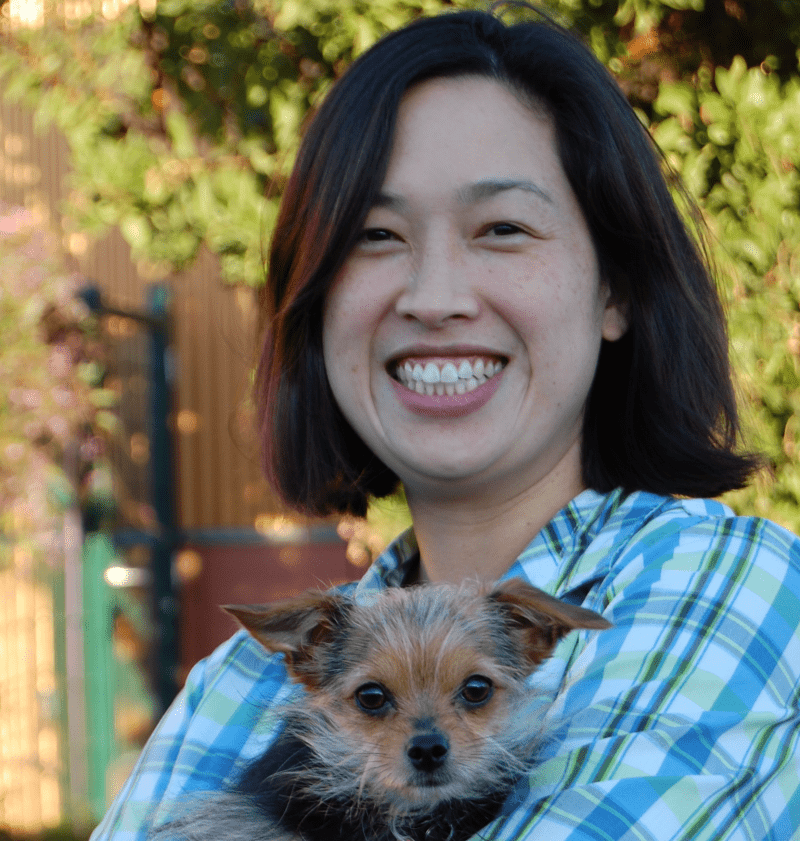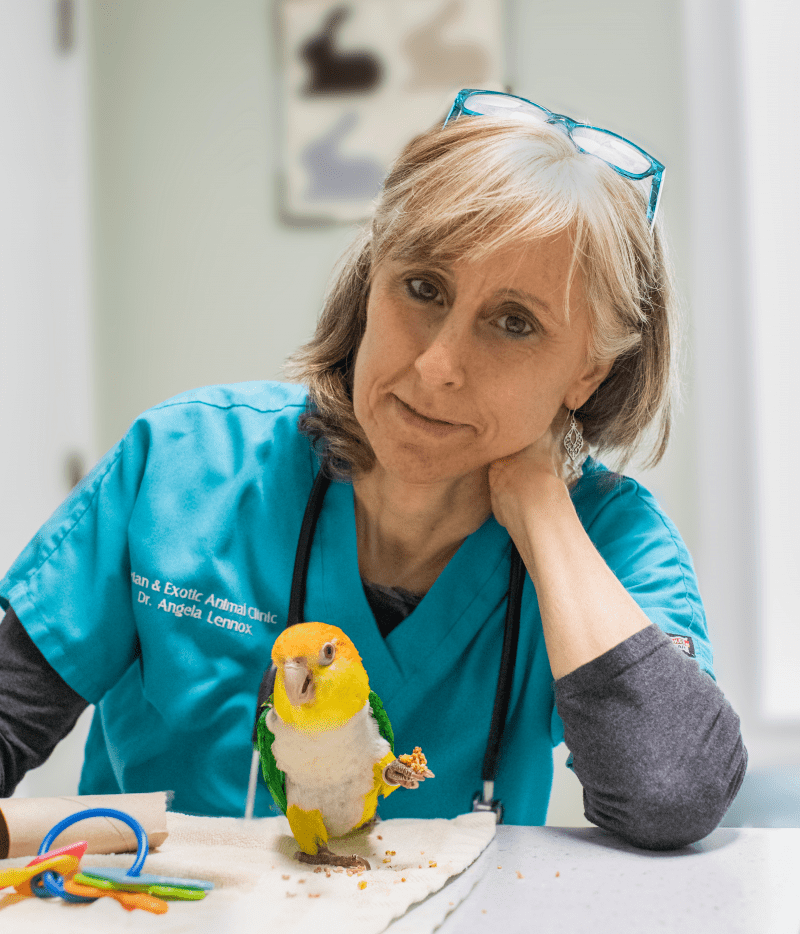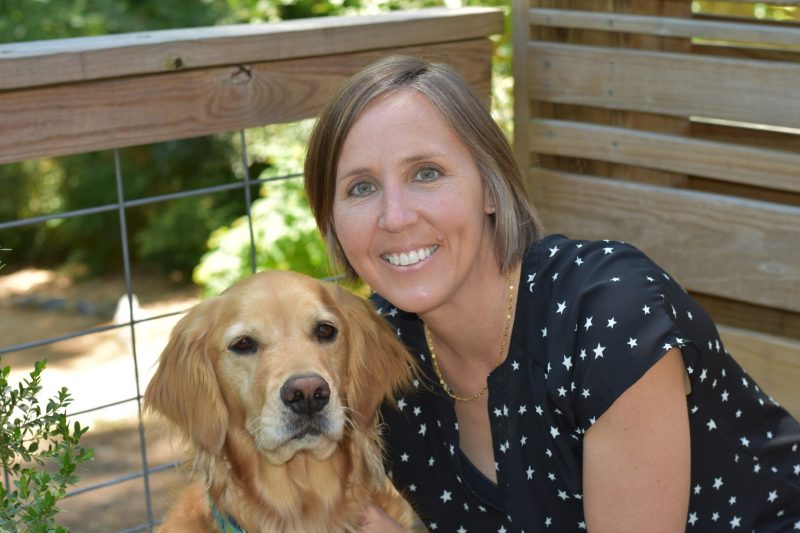| 8:00 AM-8:50 AM |
Advanced Skills in Clinical Practice
This lecture is comprised of two to three mini-sessions tailored to the audience and may include, but is not limited to: cystocentesis, accurate blood pressure measurement, blood glucose monitoring, blood smears, vascular access, blood typing, crossmatching, blood product administration, and CPR.
|
| 9:00 AM-9:50 AM |
Chemo in the Clinic
Members of the veterinary health care team and pet owners exposed to chemotherapeutic agents are at increased risk of serious side effects. It is imperative that those dealing with medical oncology cases be well-educated in the safe handling and administration of chemotherapy. USP 800 guidelines will be stressed.
|
| 10:20 AM-11:10 AM |
Feline Triaditis
Triaditis (triad syndrome) is the concurrent state of pancreatitis, cholangiohepatitis/cholangitis, and inflammatory bowel disease. Patients who are hospitalized for triaditis have a myriad of issues that need to be addressed simultaneously and a comprehensive veterinary nursing care plan is recommended.
|
| 11:20 AM-12:10 PM |
Diabetes Mellitus
We all know how complex diabetes is. We will review the basics of small animal DM, understand the physiology, and discuss ways to promote team-oriented patient care.
|
| 2:00 PM-2:50 PM |
Adrenal Disease
This lecture will focus on the two most common adrenal diseases in small animals—Addison’s disease and Cushing’s disease.
|
| 3:30 PM-4:20 PM |
IMHA for the Veterinary Technician
The presentation, diagnosis, treatment, and prognosis of Immune Mediated Hemolytic Anemia will be discussed. Special focus will be on the role of the veterinary technician in these cases and the importance of owner education in the successful treatment of this disease.
|
| 4:30 PM-5:20 PM |
Veterinary Nursing Plans
The nursing process is an organizational tool that has been used in human medicine for a number of years to guide human nursing students and promote patient care. Utilization of the nursing process in veterinary medicine allows veterinary technicians to function in a similar capacity to that of human nurses—using critical thinking and veterinary nursing knowledge to institute a high standard of care and enhance patient care.
|
![]()































